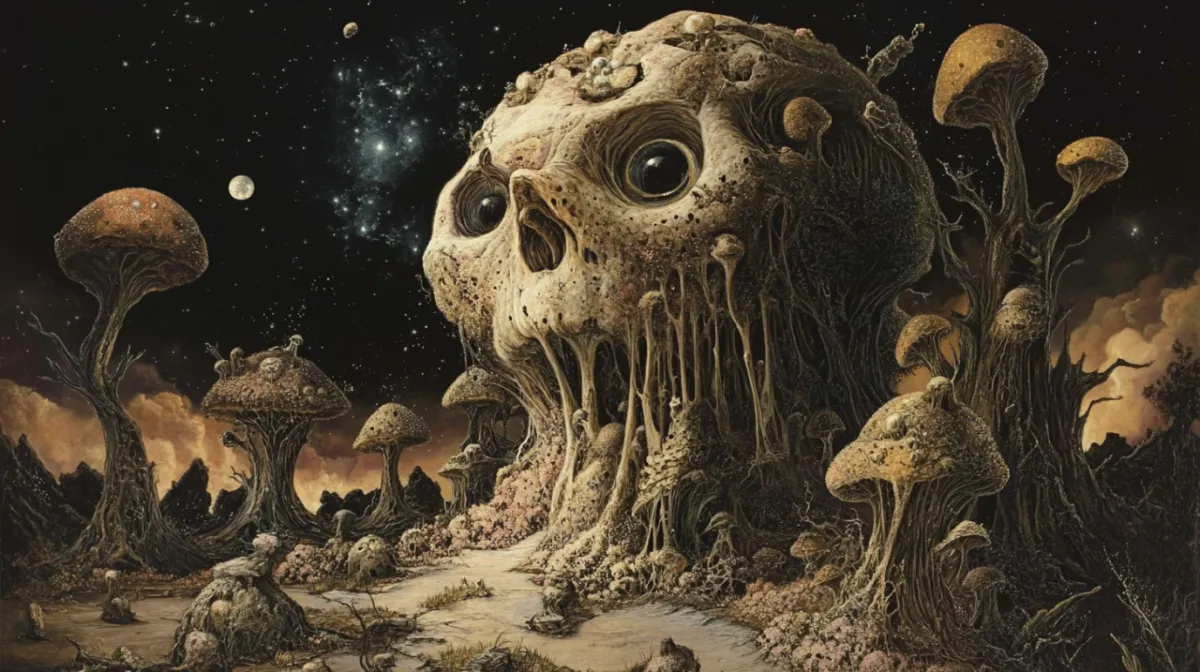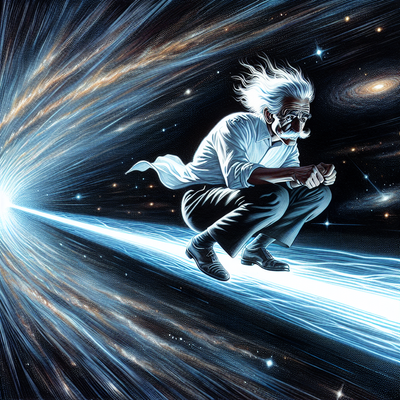Who the Hell was… The Bab?
The Báb, born Siyyid 'Alí Muḥammad Shírází in 1819 in Shiraz, Persia (modern-day Iran), was a visionary whose life was anything but ordinary. Though imprisoned for much of his life, exiled, and ultimately executed, his teachings sparked a movement so powerful that it would blossom into the Bahá'í Faith, a global religion of unity and peace. His story is one of defiant joy, unshakable faith, and a radiant belief in humanity’s potential.
The Báb was not a scholar or a cleric—he was a merchant, a man of the people. But in 1844, he boldly declared himself to be "the Báb," meaning "the Gate," a title that signified his role as the herald of a greater spiritual awakening. His message was electric: religion needed renewal, the human spirit deserved freedom, and a new era was about to unfold.
Authorities saw the Báb as a threat, and they did everything they could to silence him. He was imprisoned in remote mountain fortresses, cut off from the world. Yet, from within these cold, stone walls, his words escaped like sunlight through cracks. His letters and teachings spread, carried by devoted followers who risked everything to share his vision.
His prison guards, meant to break his spirit, often became his admirers. They saw in him a man whose kindness and wisdom could not be dimmed by captivity. Even in the harshest conditions, he radiated a sense of joy and purpose that transformed the hearts of those around him.
The Báb’s teachings were as bold as they were groundbreaking:
- Religious Renewal – He challenged rigid religious dogma, calling for spiritual awakening and a deeper, more personal connection to God.
- Equality for Women – In an era when women’s roles were severely restricted, the Báb elevated their status, preparing the way for greater social change.
- A Vision of the Future – He spoke of a coming figure, a Promised One who would unite all of humanity—a prophecy fulfilled by Bahá'u'lláh, the founder of the Bahá'í Faith.
By 1850, the Persian authorities had had enough. They sentenced the Báb to death, hoping his execution would end his movement. But fate had other plans. When the first round of firing squads shot at him, the smoke cleared—and the Báb was gone. Chaos erupted, and when he was found again, calm and composed, he finished his final words before facing the bullets that would make him a martyr.
His death was meant to erase his influence, but it did the opposite. His followers were galvanized, his message spread faster, and his sacrifice became the cornerstone of a new religious era.
The Báb’s message of unity, justice, and spiritual transformation lived on. His writings continue to inspire millions around the world, and his shrine in Haifa, Israel, stands as a symbol of hope and resilience.
What started in the heart of a humble merchant became a global faith. The Báb’s life, though filled with hardship, was a joyful revolution—a reminder that even in the darkest of prisons, light cannot be contained.
For my articles in this series, visit or bookmark the following;
Brent Antonson: Where Extraordinary Recall Sparks Insight.








